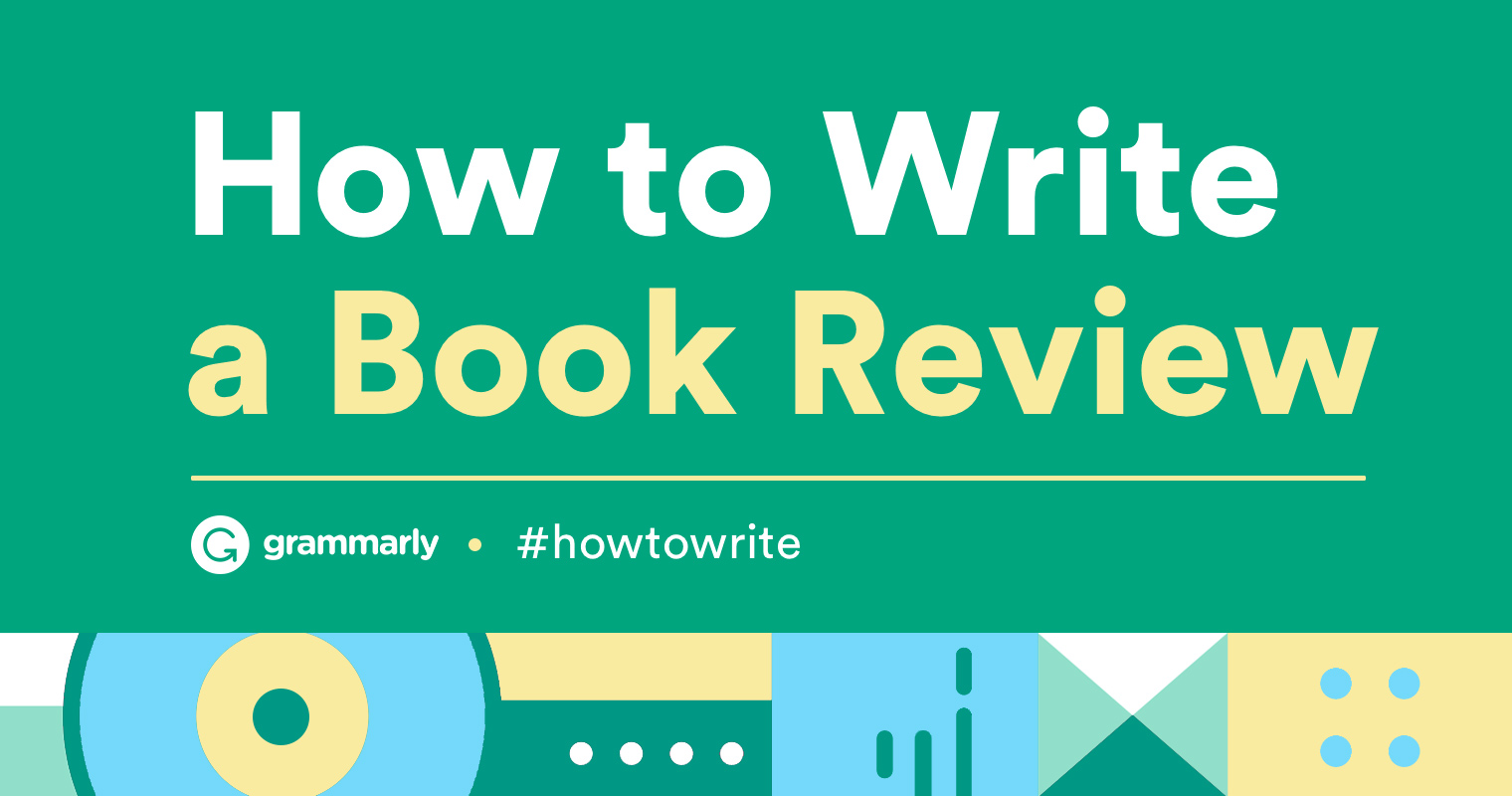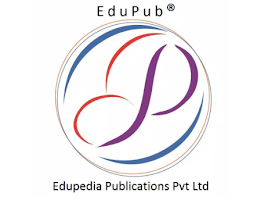Review
Praise for The Heaven & Earth Grocery Store:
“I keep thinking every time I read one of his books, ‘That’s his best book.’ No. THIS is his best book.” —Ann Patchett
“This is one of those novels that becomes a part of you. It’s a great book. Every character is rich; every detail is rich. I can’t recommend this one highly enough. He’s a great author and I think this is his best work.” —Harlan Coben
“With this story, McBride brilliantly captures a rapidly changing country, as seen through the eyes of the recently arrived and the formerly enslaved . . . And through this evocation, McBride offers us a thorough reminder: Against seemingly impossible odds, even in the midst of humanity’s most wicked designs, love, community and action can save us.” —The New York Times Book Review
“The Heaven & Earth Grocery Store is one of the best novels I’ve read this year. It pulls off the singular magic trick of being simultaneously flattening and uplifting.” —NPR
“[A] tour de force . . . [a] mesmerizing, moving, almost magical tale . . . [McBride] writes sentences and paragraphs that swing like jazz melodies.” —The Associated Press
“Classic McBride: He doesn’t shy away from bold statements about the national catastrophes of race and xenophobia, and he always gives us a spoonful of sugar to help the medicine go down. The sugar is McBride’s spitfire dialogue and murder-mystery-worthy plot machinations; his characters’ big personalities and bigger storylines; his wisecracking, fast-talking humor; and prose so agile and exuberant that reading him is like being at a jazz jam session. . . . Reading McBride just feels good—we are comforted and entertained, and braced for the hard lessons he also delivers.” —The Atlantic
"Sharp and nimble and warm as a wool hat, James McBride’s prose seems to transcend all earthly concerns, allowing him to write with compassion, humor and authority." —The Philadelphia Inquirer
“A story of community, care, and the lengths to which we'll go for justice, McBride's tale is a wondrous ode to the strength of humanity in a small town.” —Time Magazine
“Enchanting . . . [a] rich, carefully drawn portrait of a Depression-era community of African Americans and Jewish immigrants as they live, love, fight, and, of course, work.” —The Boston Globe
“McBride . . . would never advance any of his books as candidates for the Great American Novel. . . . I’d like to make a case, though, for Deacon King Kong and, now, The Heaven & Earth Grocery Store as better contenders for the 21st-century GAN than many other, more vaunted specimens. . . . In the words of Walt Whitman (an American writer McBride often brings to mind), they contain multitudes.” —Slate
Amazon.com Review
An Amazon Best Book of August 2023: In Deacon King Kong, James McBride spun a story of a Brooklyn neighborhood filled with beguiling and booze-filled characters that showed just how vital communities can be—and he’s done it again with The Heaven & Earth Grocery Store. Except this time, we’re in Chicken Hill, a small town in Pennsylvania, where Black, Jewish, and European immigrants, rich and poor, old and young, collide—defending, fighting, entertaining, feeding, and sheltering one another. This cacophonous melody of characters with all of their schemes and dreams reveal how home is where you make it—and how all of these “outsiders” are anything but. With spunky detail, McBride masterfully makes you feel like you’re part of the neighborhood, that these are your neighbors, your friends, and enemies, drawing you in, so that you, too, know the secrets they keep, the grudges they hold, and kindness they offer. Chock full of the social, racial, and ethnic politics of a small town, The Heaven & Earth Grocery Store is another irresistible stand-out from McBride.—Al Woodworth, Amazon Editor --This text refers to the hardcover edition.
Review
Praise for The Heaven & Earth Grocery Store:
“I keep thinking every time I read one of his books, ‘That’s his best book.’ No. THIS is his best book.” —Ann Patchett
“This is one of those novels that becomes a part of you. It’s a great book. Every character is rich; every detail is rich. I can’t recommend this one highly enough. He’s a great author and I think this is his best work.” —Harlan Coben
“With this story, McBride brilliantly captures a rapidly changing country, as seen through the eyes of the recently arrived and the formerly enslaved . . . And through this evocation, McBride offers us a thorough reminder: Against seemingly impossible odds, even in the midst of humanity’s most wicked designs, love, community and action can save us.” —The New York Times Book Review
“The Heaven & Earth Grocery Store is one of the best novels I’ve read this year. It pulls off the singular magic trick of being simultaneously flattening and uplifting.” —NPR
“[A] tour de force . . . [a] mesmerizing, moving, almost magical tale . . . [McBride] writes sentences and paragraphs that swing like jazz melodies.” —The Associated Press
“Classic McBride: He doesn’t shy away from bold statements about the national catastrophes of race and xenophobia, and he always gives us a spoonful of sugar to help the medicine go down. The sugar is McBride’s spitfire dialogue and murder-mystery-worthy plot machinations; his characters’ big personalities and bigger storylines; his wisecracking, fast-talking humor; and prose so agile and exuberant that reading him is like being at a jazz jam session. . . . Reading McBride just feels good—we are comforted and entertained, and braced for the hard lessons he also delivers.” —The Atlantic
"Sharp and nimble and warm as a wool hat, James McBride’s prose seems to transcend all earthly concerns, allowing him to write with compassion, humor and authority." —The Philadelphia Inquirer
“A story of community, care, and the lengths to which we'll go for justice, McBride's tale is a wondrous ode to the strength of humanity in a small town.” —Time Magazine
“Enchanting . . . [a] rich, carefully drawn portrait of a Depression-era community of African Americans and Jewish immigrants as they live, love, fight, and, of course, work.” —The Boston Globe
“McBride . . . would never advance any of his books as candidates for the Great American Novel. . . . I’d like to make a case, though, for Deacon King Kong and, now, The Heaven & Earth Grocery Store as better contenders for the 21st-century GAN than many other, more vaunted specimens. . . . In the words of Walt Whitman (an American writer McBride often brings to mind), they contain multitudes.” —Slate --This text refers to the
audioCD edition.











.jpg)













.jpg)

